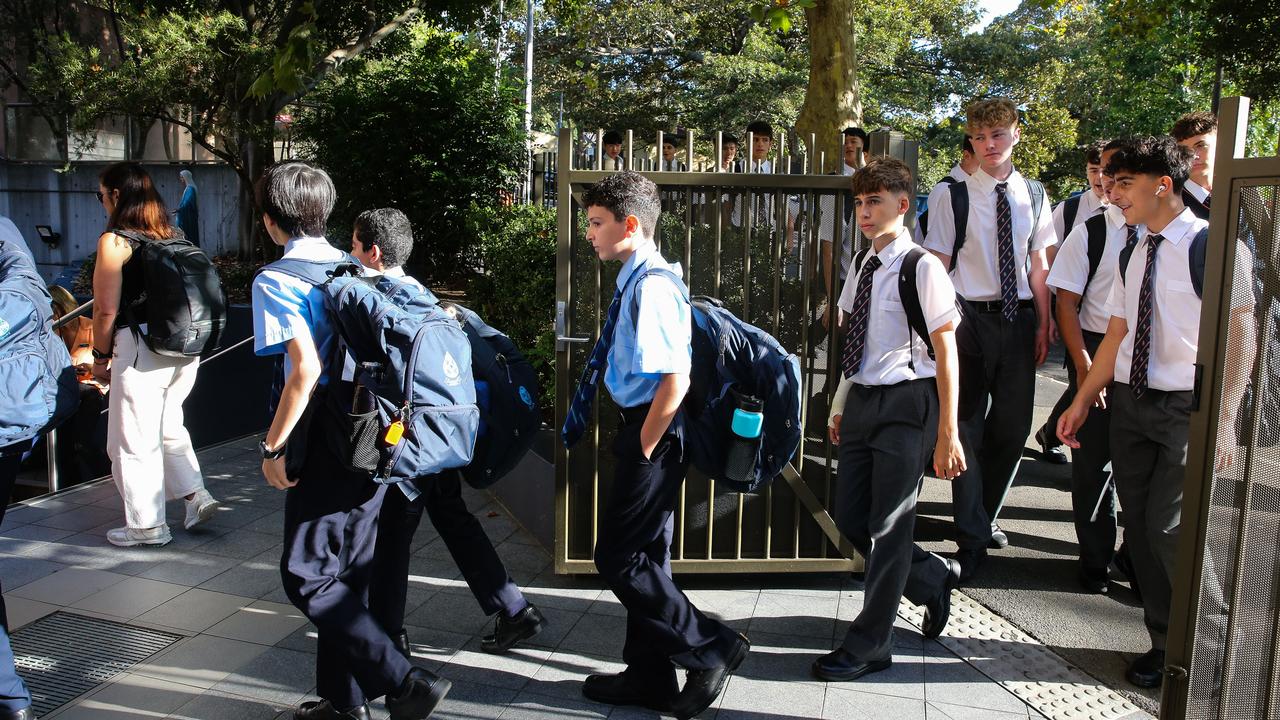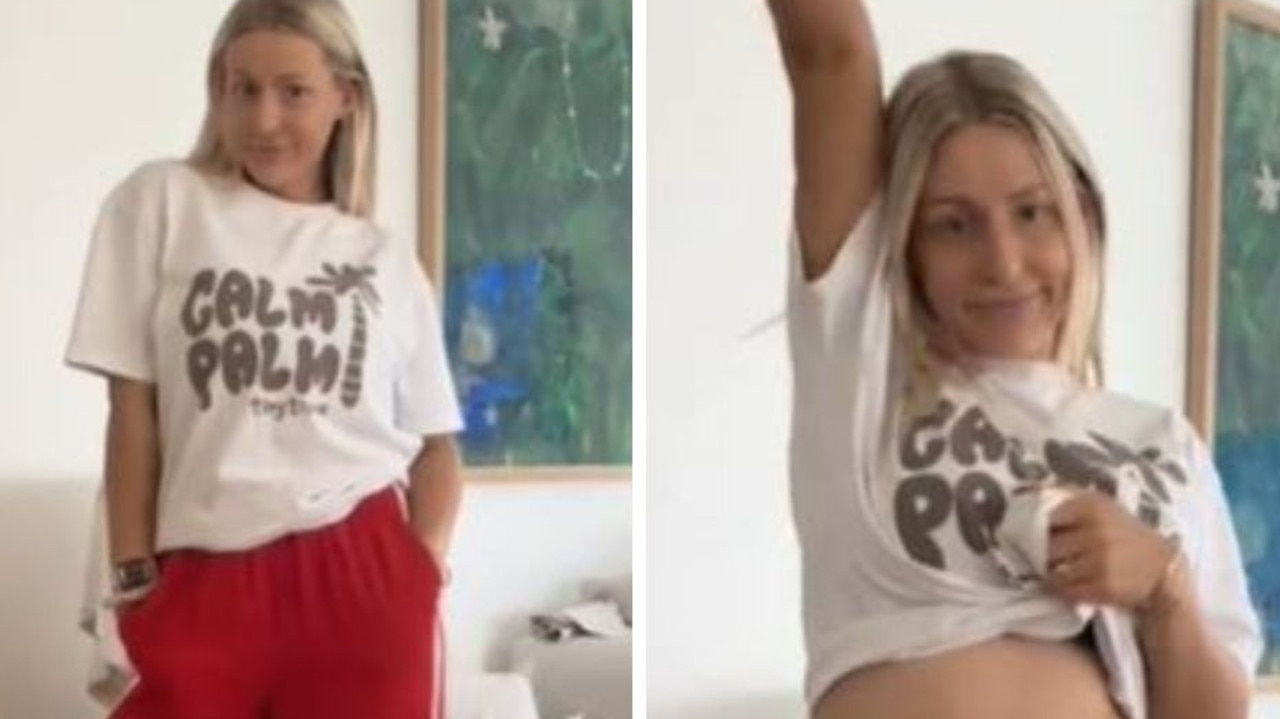Is whistling at women sexist? Half of Aussies think females overreact or exaggerate ‘innocent acts’
Revealing research hints that a huge number of Aussies are pushing back on the #MeToo movement and think women exaggerate their experiences.
If a man beeps his car horn and yells something at a woman as he drives past, is it sexist?
What about a male colleague commenting on a female’s appearance at work, or a boss promoting a man over a woman because she might one day have kids?
Despite the prominence of the #MeToo movement over the past two years, and the many conversations it has sparked, it seems we are more divided than ever on the treatment of women in this country.
A wide-ranging new survey reveals half of Australians feel women regularly misinterpret “innocent” remarks or acts as being sexist when they are not.
Another 40 per cent believe women exaggerate how unequally they are treated in society and employment, while 35 per cent think women fail to appreciate “all that men do for them”.
The results of the government-funded National Community Attitudes Towards Violence Against Women survey were released this week, with responses from 17,000 people.
Jan Fran, co-host of SBS Viceland news program The Feed and presenter of a new critically acclaimed podcast titled Sexism In The City, said she was dismayed by the findings.
“I think what we have now is a problem with interpretation,” Fran said.
“We have two people involved in a transaction and it’s perfectly true that both see it as having a different meaning. A man might think it was innocent and a woman might think it wasn’t. The question is, how do we bridge that?”
Some men might feel “overwhelmed” by the intensity of the current discussion taking place, Fran said, but it’s far from new.
“The thing you have to understand is that women have been talking about this for decades. The difference now is it’s happening outside of ladies two-for-one cocktail hour. We have a medium,” she said.
And while the status of women has advanced rapidly in the past 50 years — a relatively short time in the scheme of things — the position of men has gone largely unchanged.
“Women don’t really need men to protect and care for them in the traditional sense and I think some men might feel aggrieved that they’re not thanked or appreciated anymore,” Fran said.
“We’re in a transition phase from men doing things for women, and women doing things for men, to people doing things for people.”
Fran said the findings of the survey were at odds with research and data, as well as the documented experiences of countless women.
“You can think woman are exaggerating or conflating things that aren’t there, but the numbers tell a different story,” she said.
“Study after study tells you that at the end of a working life, the average woman will have much less money than the average man. But the pay gap is just one example.
“Safety is a prime example. You can say women are exaggerating all you want but the fact is that women are much more likely to be victims of male violence than men are to be victims of female violence.”
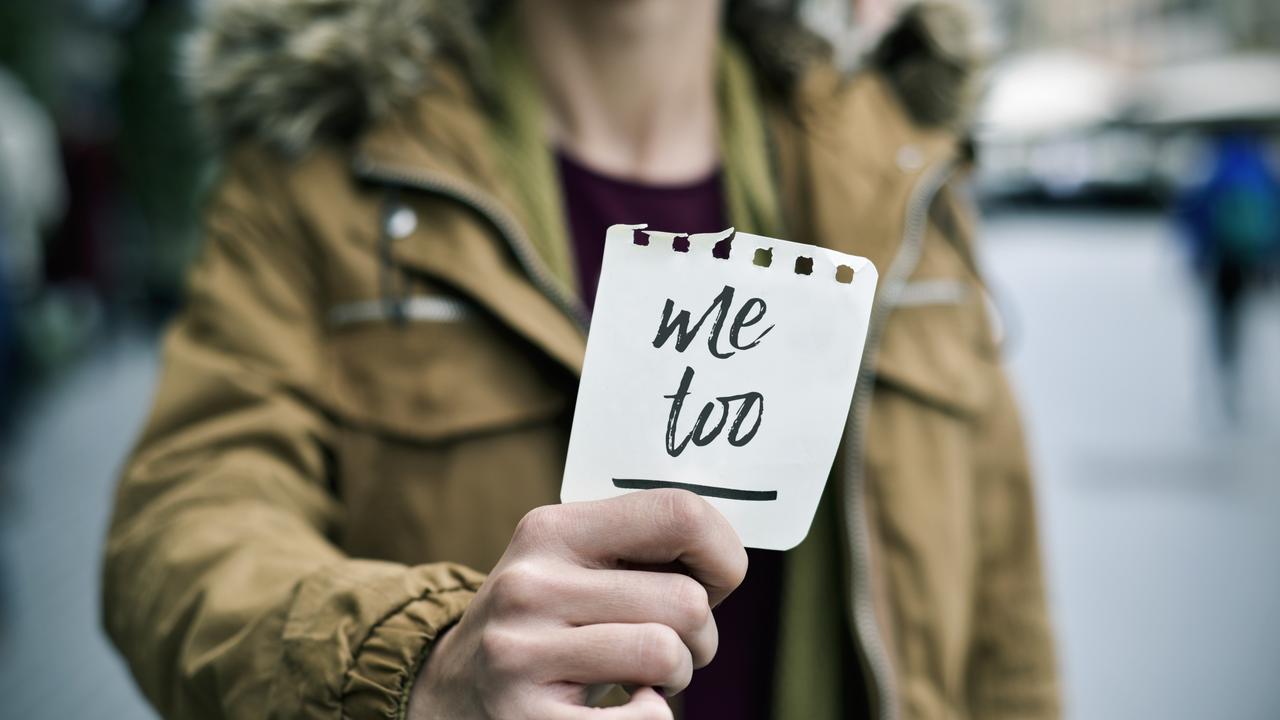
The documentary Is Australia Sexist? aired on SBS on Tuesday night and among the experiments conducted was a look at a woman being verballed by male motorists.
The show’s host Yumi Stynes said many men felt behaviour like that wasn’t inappropriate and felt women offended by it are simply too sensitive.
“If you think women don’t feel threatened by you shouting out of your car window at them, I have news for you — they do, but thanks for telling us how women feel,” Stynes said.
“When a woman tells you that your behaviour makes them feel terrible, you can’t deny them their feelings. At this point in time, we need to learn that people have a right to their feelings.”
As the show went to air, Stynes said she copped a barrage of criticism on social media for things she has said and done in the past.
It’s a prime example of how women are held to higher standards than men, she said.
“Women get punished for things and men tend to get away with things,” Stynes said.
“There’s a whole support system to prop up sh*t men and defend or obscure their sh*t deeds. Women don’t have that. It’s pretty maddening.”
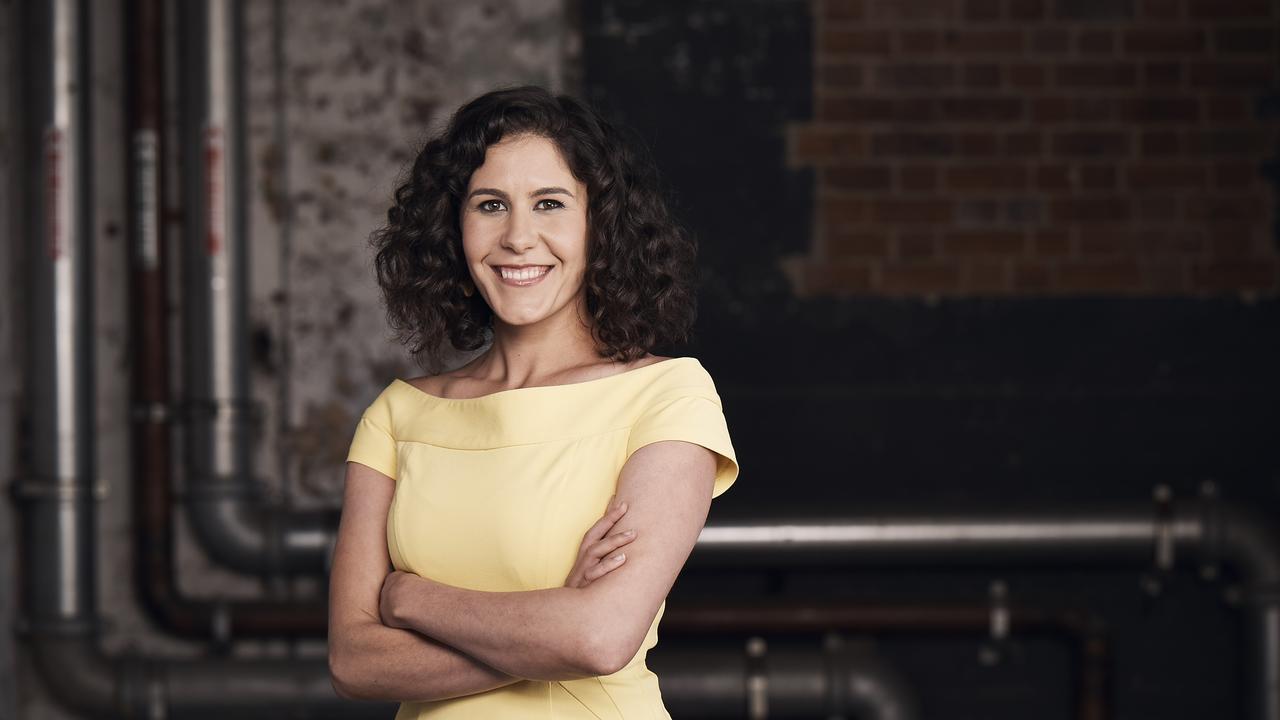
As reported by news.com.au last Friday, the study also revealed the disturbing attitude to domestic violence and the role of men in relationships.
Another finding of the survey, led by Australia’s National Research Organisation for Women’s Safety, was about the suitability of women to political life.
It found that one in seven Aussies, or 14 per cent of respondents, believe men are more capable in politics than woman.
“If this is capable, I would hate to see what incapable is,” Fran said. “Look at the last year and tell me that represents capability.”
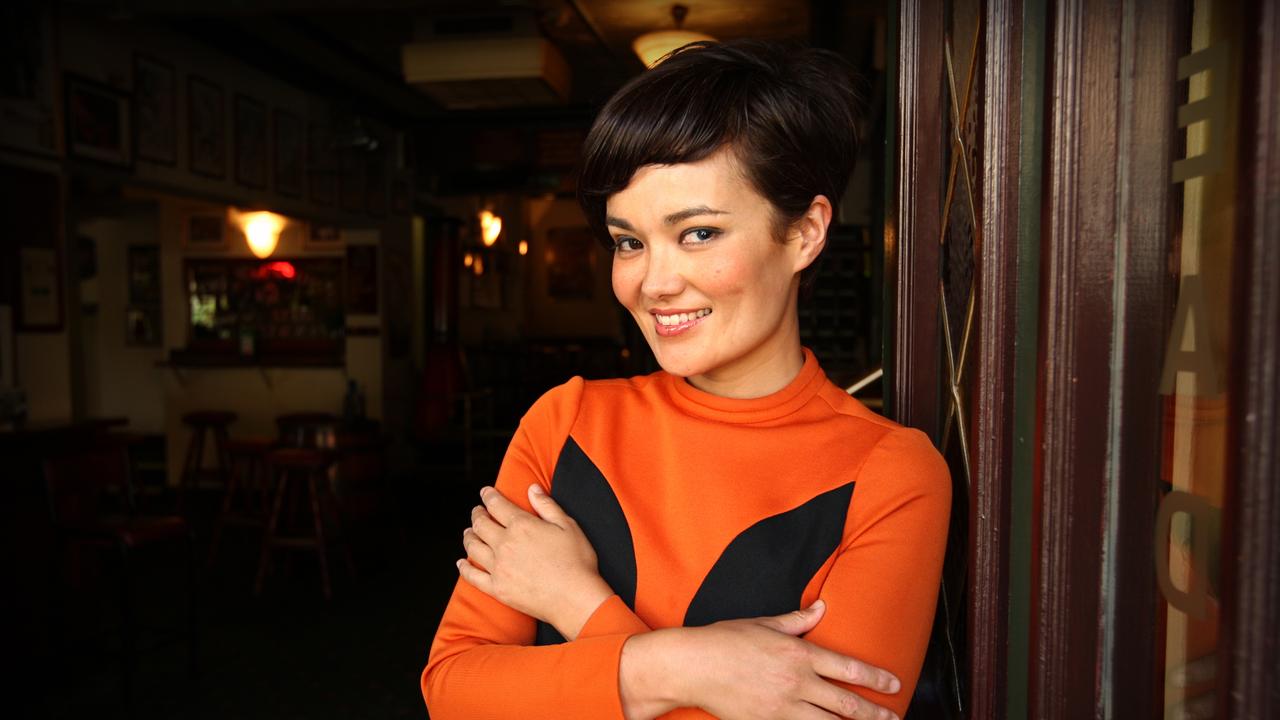
The Coalition has been criticised for its lack of female representation and a resistance to set quotas for new political candidates.
Julia Banks, a Liberal MP, announced she would not contest the next election and then last week quit her party to sit as an independent, over alleged bullying she experienced during the leadership spill which toppled Malcolm Turnbull.
Former foreign minister Julie Bishop has also spoken out against the way women in parliament are often treated.
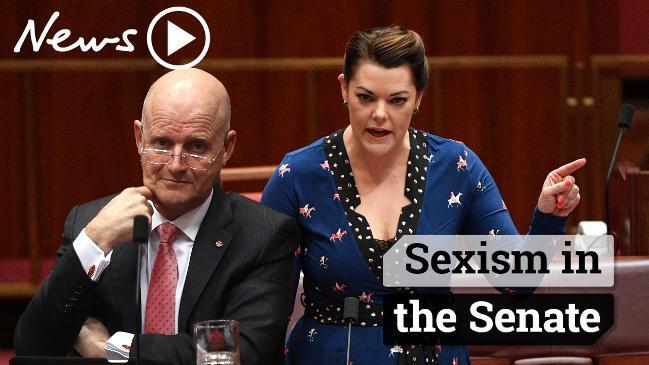
Stynes said she thinks recent events will inspire women to strive for leadership positions, in politics, business and the community, rather than discourage them.
“I think when it comes to Canberra recently, women are seeing they surely couldn’t be doing a worse jobs than the idiots in power currently. I’m hopeful they’ll think, ‘Stuff it, I can have a go at this,’” she said.
“In coming years, we’ll see more women having a crack at positions of leadership, both political and otherwise, and making change from within. Because they can and they should.”
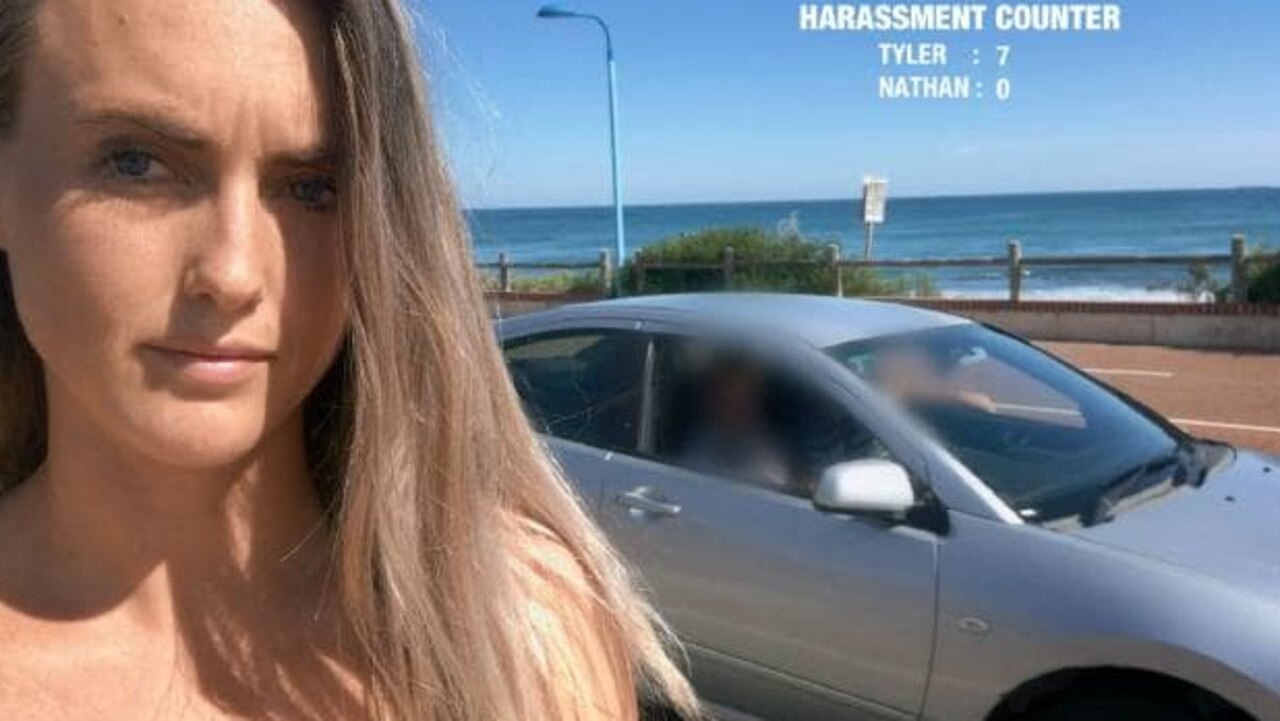
And in the meantime, a simple change to promote equality between men and women is to end the obsession with appearance, Stynes said.
“The excessive emphasis placed on the appearances of women in the public eye is just not equalled by the attention placed on men,” she said.
“What you look like, how you dress, your weight, your surgeries or lack of, all that stuff is complete fodder but it’s generally irrelevant to the work women do. It’s a massive distraction for women.
“That’s such an easy one for us to fix — we can just give fewer f**ks.”

